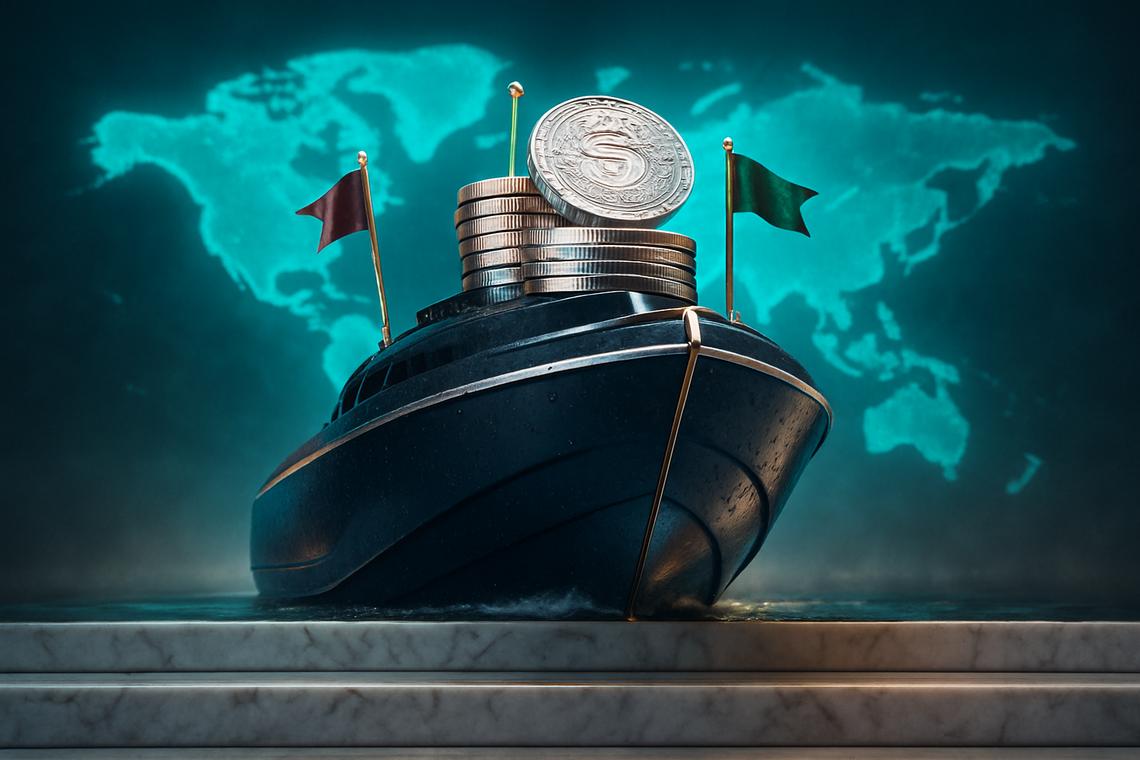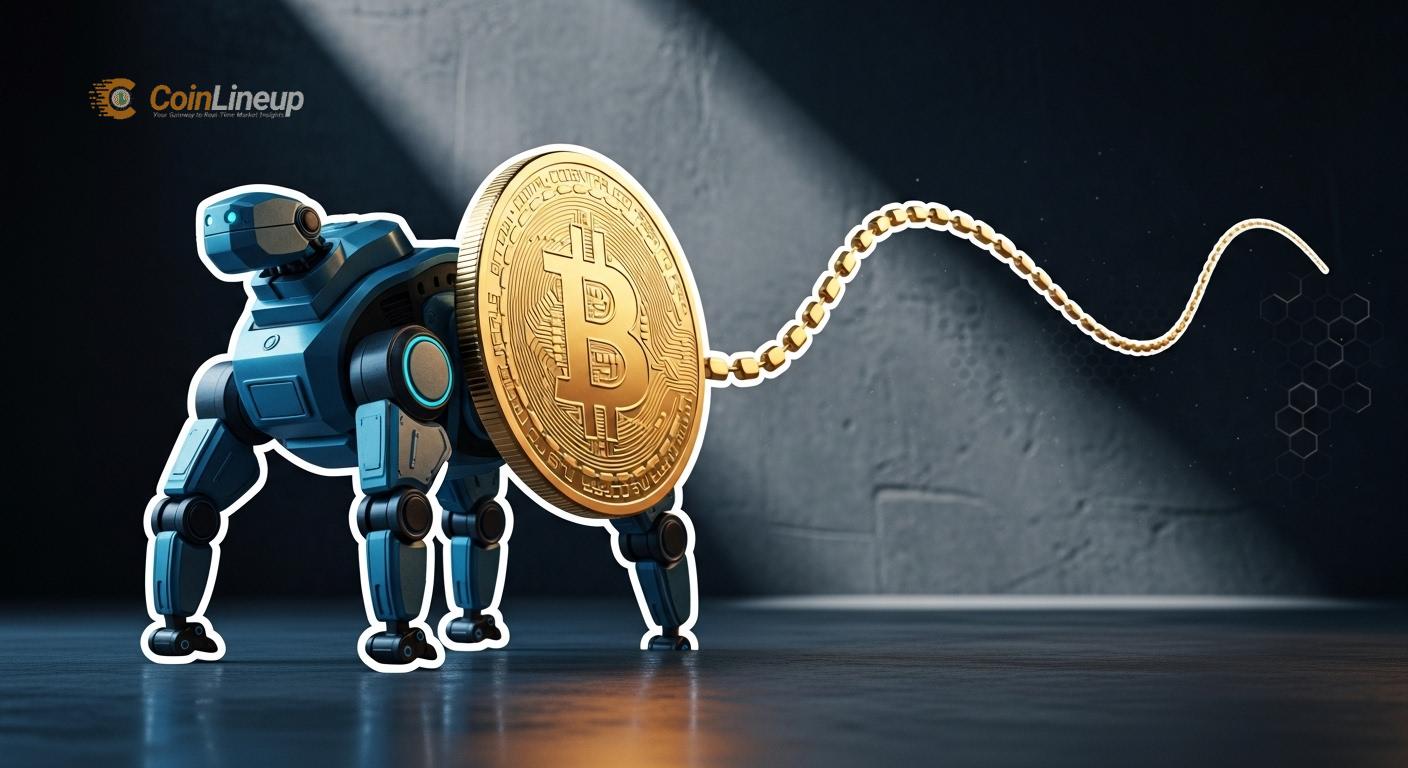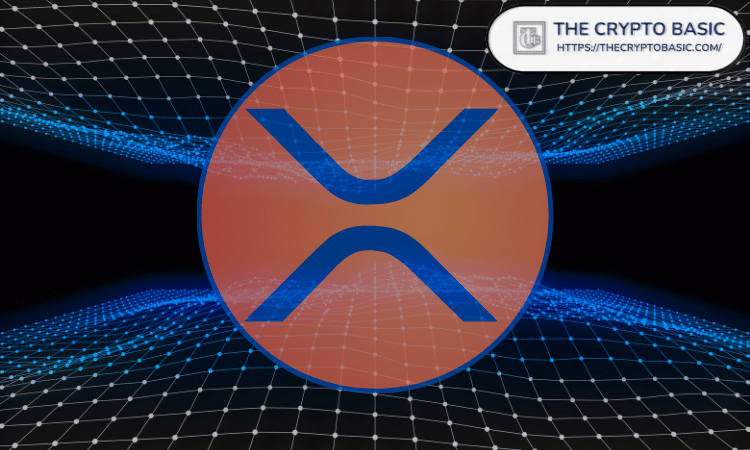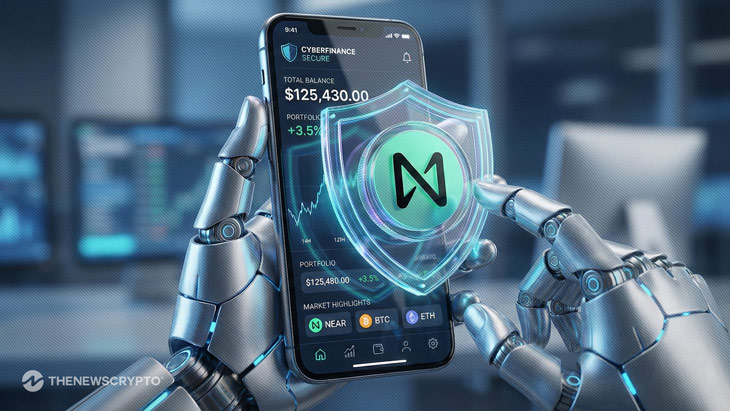2026-02-24 Tuesday
Crypto News
Indulge in the Hottest Crypto News and Market Updates

Michael Saylor’s Confident Outlook on Bitcoin Amid Quantum Computing Concerns
The post Michael Saylor’s Confident Outlook on Bitcoin Amid Quantum Computing Concerns appeared on BitcoinEthereumNews.com. Michael Saylor, the influential chairman
Share
Author: BitcoinEthereumNews2026/02/24 17:34

Redotpay ipo targets US listing, aims for $1B IPO raise
The post Redotpay ipo targets US listing, aims for $1B IPO raise appeared on BitcoinEthereumNews.com. Investor attention is turning to the planned redotpay ipo
Share
Author: BitcoinEthereumNews2026/02/24 17:32

Shareholders of Bitcoin treasury company Empire Digital are demanding the resignation of its CEO and board of directors, and the sale of all its Bitcoin holdings.
PANews reported on February 24th that, according to Globenewswire, Tice P. Brown, a major individual shareholder of Nasdaq-listed Bitcoin treasury company Empire
Share
Author: PANews2026/02/24 17:25

Unitree A2 offers 100 kg payload, 20 km range for industry
Unitree A2 quadruped robot, 100 kg load capacity, 20 km range; data show endurance vs payload trade-offs, sensors, hot-swap batteries, and market positioning.
Share
Author: coinlineup2026/02/24 17:21

Japanese Yen drops nearly 1% after PM Takaichi raises rate hike concerns
The post Japanese Yen drops nearly 1% after PM Takaichi raises rate hike concerns appeared on BitcoinEthereumNews.com. USD/JPY rises nearly 1%, trading around 156
Share
Author: BitcoinEthereumNews2026/02/24 17:12

These 2 Big Spenders Hint At What’s Next
The post These 2 Big Spenders Hint At What’s Next appeared on BitcoinEthereumNews.com. XRP price continues to trade under pressure as a persistent downtrend shapes
Share
Author: BitcoinEthereumNews2026/02/24 16:53

Unitree unveils quadruped robot Unitree As2
PANews reported on February 24 that Unitree Robotics released the Unitree As2 quadruped robot, featuring a compact body and industry-leading performance, a peak
Share
Author: PANews2026/02/24 16:52

XRPL Dev Explains Hidden XRP Utility as Institutional DeFi Expands On-Chain
In a recent podcast episode, host Krippenreiter and XRP Ledger validator Vet explained what they describe as XRP’s most misunderstood strength — its built-in role
Share
Author: Coinstats2026/02/24 16:47

WH Farms Co. Evolves from Agricultural Operation to Hemp Biotech Firm, Creating Jobs and Advancing Representation
WH Farms Co. evolves into hemp biotech company with $2.9M facility investment creating 41 jobs. Led by Q. Nicole Vanderhorst, the company transforms heritage into
Share
Author: Citybuzz2026/02/24 16:00
